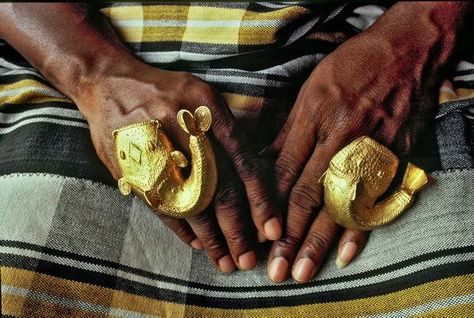How do I feel about being observed? This was one of the 1st questions asked in this briefing.
My answer at the time was ok…. I have been observed a few times in my teaching career so I feel I’ve learnt the art of being open to feedback. Because I have only been teaching 5 years, I welcome the opportunity to continue to learn and develop, especially from other teachers and my peers.
The same however cannot be said for Stephanie who was a fictional character written as part of a case study by Bruce Macfarlane’s 2004 book Teaching with Integrity: The ethics of higher education practice . (Macfarlane, 2003)
This was a very interesting read. I may appreciate or even enjoy the activity of being observed and receiving feedback however, not all teachers do. How we are observed and the feedback we are given can affect us differently.
In the case of Stephanie, she found the receiving of student feedback both stigmatising and a botheration. I do appreciate this. I have recently requested that the DPS course I lead be added to feedback on course committee. Although I feel confident about my course, I am nervous at the thought of negative feedback and receiving it so publicly! Sometimes feedback feels unjust and unfair!
This case study raised questions to me about our personal motivations to teach, our investment in our practice and passion for our subject matter. And for our own professional growth and development: Our willingness to not only be teachers but learners.
How easy is it to adapt our teaching methods, to be inclusive, to not make assumptions about our learners and to always stay student focused?
1st step for Stephanie? A re-evaluation of her commitment and time to teach, to not take feedback too personally and seek the support and mentorship of others, to relate, inspire and promote professional growth.
References:
Bruce Macfarlane 2004 book Teaching with Integrity: The ethics of higher education practice (Routledge).
